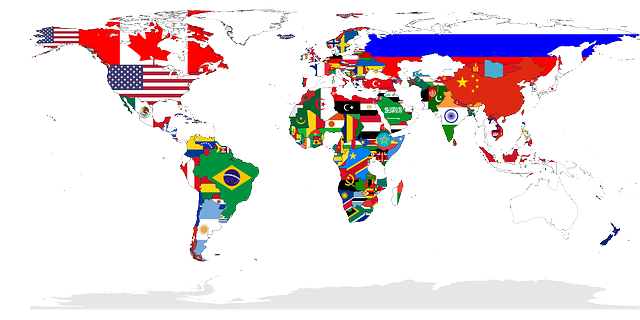Search
But, Eric, how can employees get FMLA if they are overseas?

Image by Clker-Free-Vector-Images from Pixabay
Yesterday, over at The Employer Handbook Facebook page — give us a like — I saw a comment, followed by a snarky meme, in response to yesterday’s Family and Medical Leave Act / Coronavirus post.
One reader commented that an employee stranded on a ship overseas couldn’t get FMLA leave because they were working in a foreign country or on open seas. Well, I was assuming that the employee wasn’t on the cruise ship for business but rather for pleasure, maybe someone traveling overseas from the USA.
So, what is the rule on FMLA for employees when they are outside of the United States? For that, I’m going to turn to my buddy, David Mohl. David is an employment lawyer and Principal at Jackson Lewis in Atlanta. He is also my co-presenter at the upcoming Pennsylvania Bar Institute’s Employment Law Institute 2020, where, as you may have guessed, we’re going to present on navigating the FMLA.
David has written about how the FMLA and the Americans with Disabilities Act can impact overseas employees. Here’s some of what he said:
Section 29 CFR 825.105(b) of the FMLA regulations states that “the FMLA applies only to employees who are employed within any State of the United States, the District of Columbia or any Territory or possession of the United States.” Territories or possessions of the United States include Puerto Rico, the Virgin Islands, the Outer Continental Shelf lands, American Samoa, Guam, Wake Island, Eniwetok Atoll, Kwajalein Atoll and Johnston Island. Employees who are employed outside these areas are not covered by the FMLA and, accordingly, not counted for purposes of determining employer coverage or employee eligibility.
But, a U.S. employee vacationing overseas is a different story because those folks are employed in the United States. So, they could be FMLA eligible and would be counted for purposes of determining employer coverage or employee eligibility.
Likewise, foreign firms operating in the U.S. are subject to the FMLA with respect to U.S. locations and employees. However, the foreign firm’s employees working outside the U.S. are not counted in determining employer coverage or employee eligibility.
 The Employer Handbook Blog
The Employer Handbook Blog


